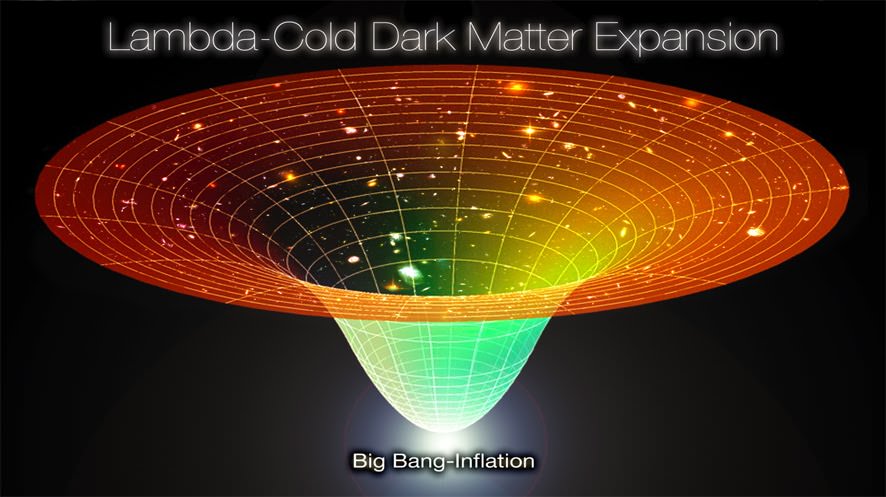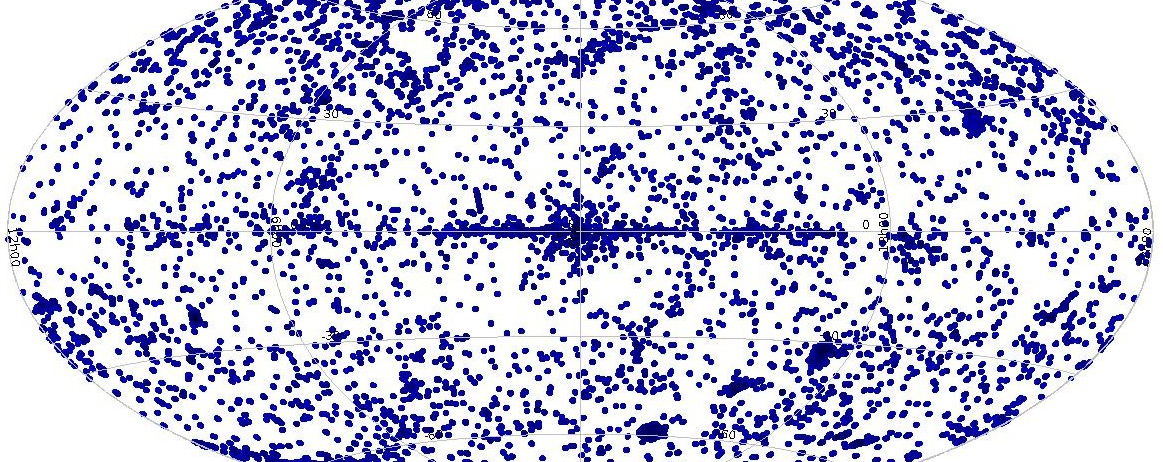Probing the innermost region of the accretion flow in active galactic nuclei
le 8 novembre 2021, 15h45 à 17h45, Elias Kammoun, salle Coriolis, OMP
Active galactic nuclei (AGN) are one of the most powerful and radiatively efficient sources in the universe. AGN are thought to be powered by accretion of gas onto a supermassive black hole (SMBH; M~10^6-10^9 solar mass). They are known to emit light through the whole electromagnetic spectrum, they are particularly strong X-ray emitters. It is thought that X-rays in AGN emerge from the innermost regions that are in the vicinity of the SMBH. Thus, observing AGN in X-rays allows us to probe the innermost regions of the accretion flow and understand the properties of the central SMBH.
In my talk, I will provide an overview on the nature of X-ray emission in AGN. I will show how X-rays can be used to probe the strong gravitational field in the vicinity of black holes. I will also present some of the most recent advancements in this field of research.






